RA4: Consumers & Markets
Consumers & Markets
Consumers & Markets
Read about projects in this research area.
Hydro CEN
Hydro CEN
Norwegian Research Centre for Hydropower Technology
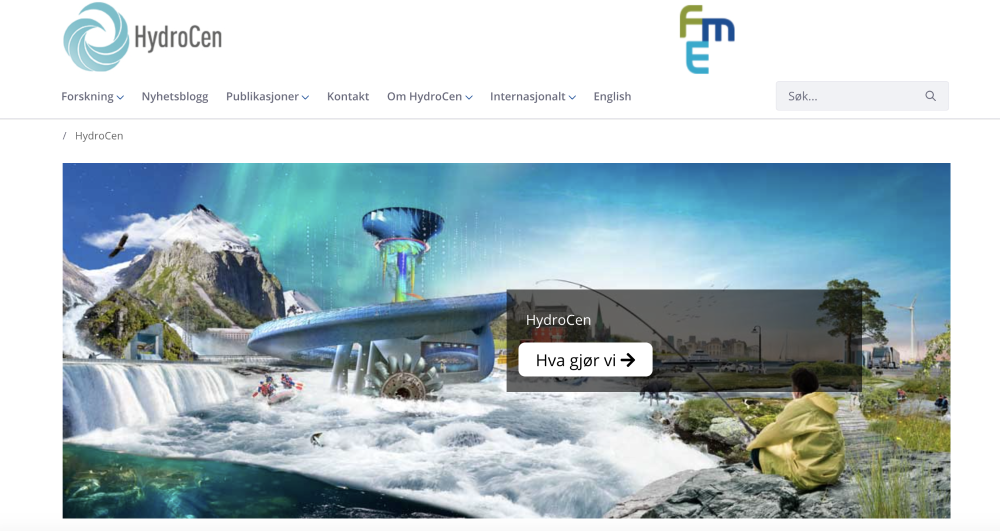
The main objective of Hydro CEN is to enable the Norwegian hydropower sector to meet complex challenges and exploit new opportunities through innovative technological solutions. The research areas include 1) Hydropower Structures, 2) Turbine and generators, 3) Market and Services, Environmental Design. The annual budget is NOK 48 mill per year, total NOK 384 mill in eight years.
- Funding: Norwegian Research Council, user partners and research partners
- Contact person at NTNU: Asgeir Tomasgard
ZEN
ZEN
Research Centre in Zero Emission Neighbourhoods in Smart Cities
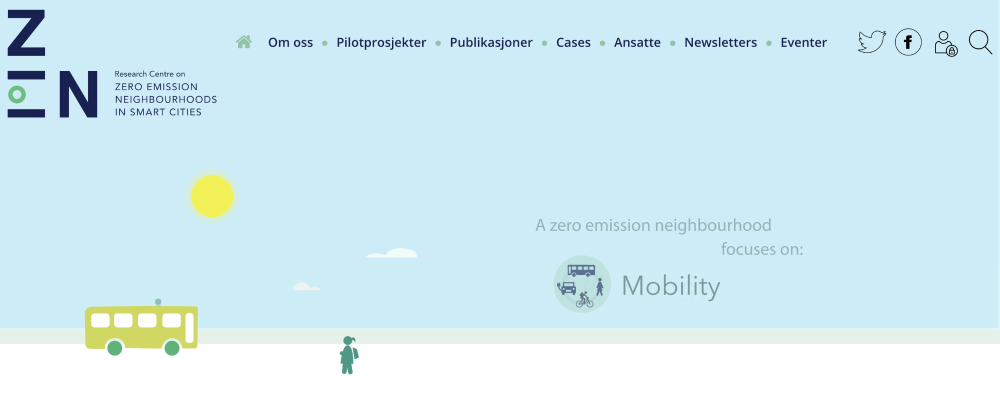
ZEN conducts research on zero-emission neighbourhoods in smart cities. The goal of the centre is to develop solutions for future buildings and neighbourhoods with no greenhouse gas emissions and thereby contribute to a low carbon society.
- Funding: Norwegian Research Council, user partners and research partners
- Contact person at NTNU: Arild Gustavsen
Bio4fuels
Bio4fuels
Norwegian Centre for Sustainable Bio-based Fuels and Energy
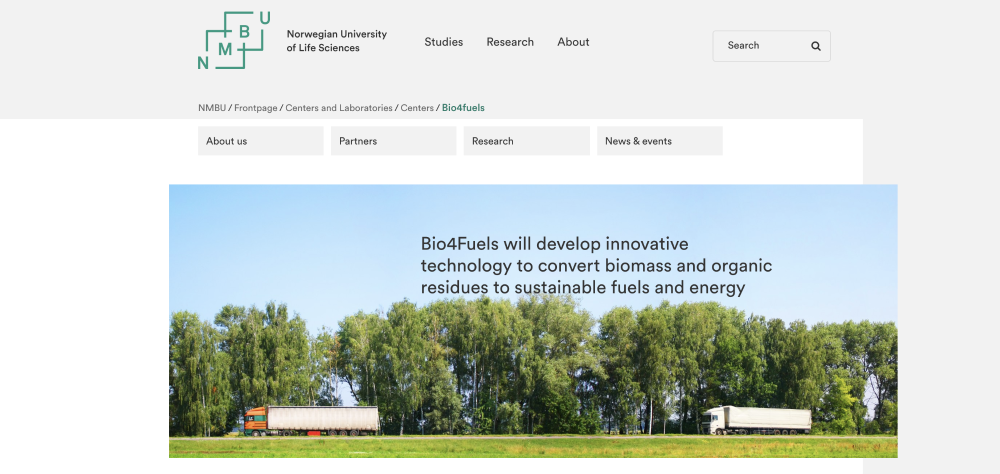
Description: The goal is the sustainable production of biofuels and bioenergy where a variety of technologies will be explored, including carbohydrate processing and thermochemical approaches. The research and development in Bio4Fuels is organized in four integrated research topics: Bio-resource, Environment and Climate; Primary Biomass Conversion;Secondary Conversion and Upgrading, and Process design and End-Use.
- Funding: Norwegian Research Council, FME
- Contact person at NTNU: Terese Løvås
Smartees
SMARTEES
Social Innovation Modelling Approaches to Realizing Transition to Energy Efficiency and Sustainability
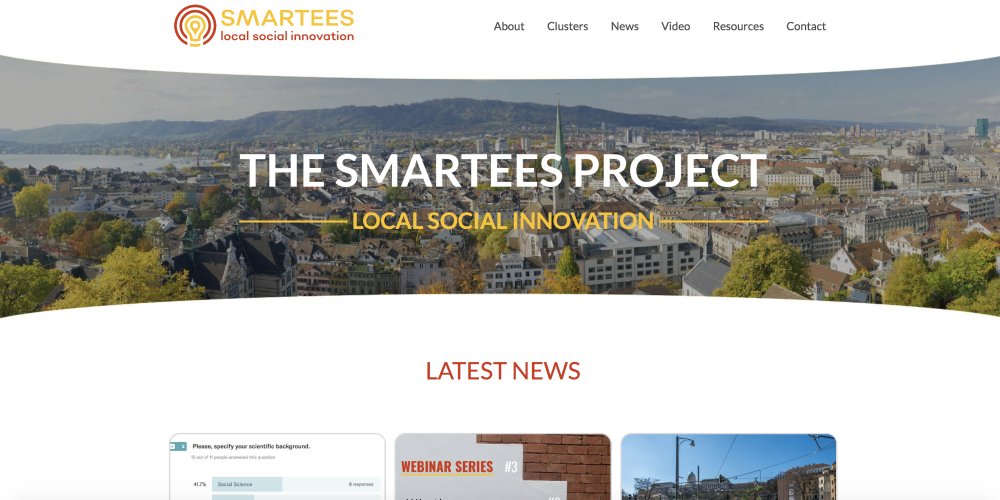
SMARTEES is a transdisciplinary research project which aims to support the energy transition and improve policy design by developing alternative and robust policy pathways that foster citizen inclusion and take local peculiarities into account.To reach these objectives, SMARTEES examines five types of energy- and mobility-related local social innovation in ten front-runner cities and islands across Europe.
Funding source: H2020
NTNU contact person: Christian Klöckner
CityXchange
CityXchange
Social Innovation Modelling Approches to Realizing Transition to Energy Efficieny and Sustainability
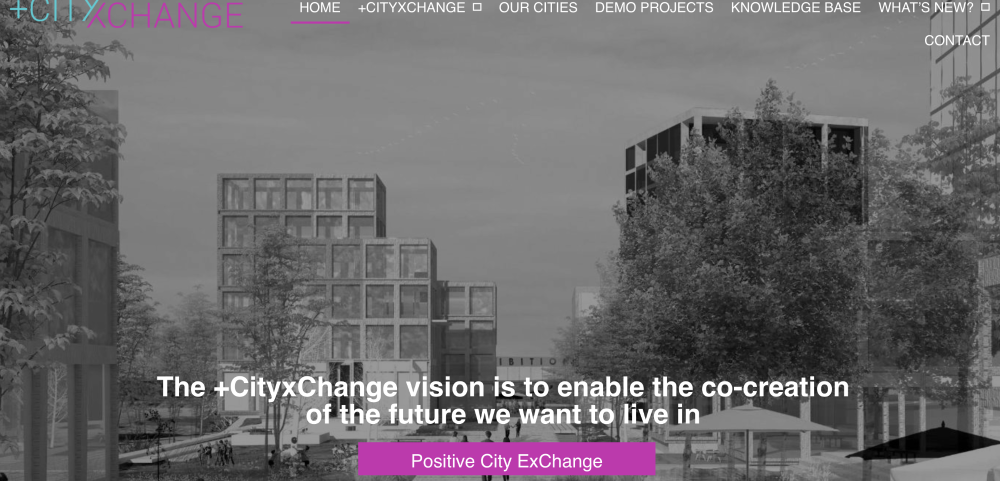
Municipalities are already facing completely different complexities within their societies. In order to keep up with this rapid pace of change, and to guarantee the well-functioning of their cities, municipalities must improve their approach on how to utilise their resources and engage with new technologies. Recent technological developments have changed and reshaped the functioning scheme of different service sectors, including the energy markets. CityxChange is situated in the process of this transition and aims at providing new evidence-based and replicable solutions in the urban environment.
Funding: H2020